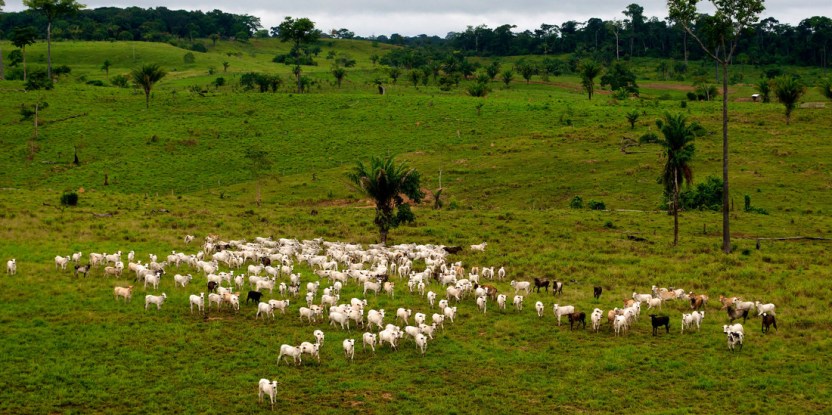Description
The International Livestock Research Institute (ILRI) Mitigation in livestock systems and Low Emission Development (LED) pathways project integrates social and biophysical research to co-define with stakeholders landscape mitigation leverage points, supportive social constructs, and national priorities. Research methods include surveys, ethnography, spatial and mechanistic modeling, and targeted and greenhouse gas measurements. These are used to inform ongoing climate change policy processes in Uganda, Tanzania and Kenya, through a focus on livestock systems with a high mitigation potential.
The project seeks to answer four research questions:
1. Where are livestock systems with high mitigation potential currently based?
2. How uncertain is the current information on emissions and spatial data for the identified livestock systems?
3. What are the incentives, institutional environments and investments needed for smallholders to adopt climate-smart practices for livestock and do they differ by geography (landscape), livelihood and gender?
4. What are the best strategies for engaging research users and value chain actors in implementing LEDs?


























